SITE SELECTION SERVICES
Retail and Developer
Site Selection Across Georgia and the Carolinas
ASSISTING OUR CLIENTS LOCATING STRATEGIC RETAIL SITES

OUR WORK ON YOUR BEHALF

Commercial Land Experts
Our team specializes in site selection and commercial land in the southeast, with our efficient standard work procedures and dedicated support staff, we are able to generate off-market opportunities in any market. Additionally, we will send you updates on any sites that hit the market in your target areas. Once give your criteria and goals, we will begin a master assignment and create multiple opportunities for your group to chase and execute.

BEST-IN-CLASS
Marketing - Advisement - Analysis
In our world, we brokers wear two primary hats: That of an Advisor and that of a Marketer. Our team takes great pride in seeking to be the best in class in both. When seeking to market properties well, it is a matter of gathering and summarizing all of the relevant property information in as concise a format as possible and then putting it in front of as many potentially interested parties as possible. Our primary steps for accomplishing this are as follows:

KNOWLEDGE OF ACTIVE BUYERS & DEVELOPERS
Through our years of experience in commercial land, we have built a thorough a great relationship with a large number of developers and tenants. We have also collected a large database of contacts and information that we utilize to who would be the best fit for a site and how to get it in front of them quickly.
Every developer deserves a partner who understands the nuances of retail landscapes and is committed to presenting properties with the utmost sophistication and strategic insight. By dedicating ourselves to rigorous market research and meticulous site analysis, we ensure that each location we recommend stands out, compellingly presented to capture the immediate interest of retailers. Our proactive approach in market trend analysis and site optimization keeps your development at the forefront, constantly aligned with the evolving retail environment. Let us redefine what comprehensive, elite site selection service means for your retail developments.






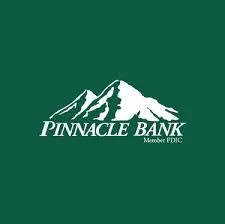
COMMERCIAL LAND CLOSED DEALS
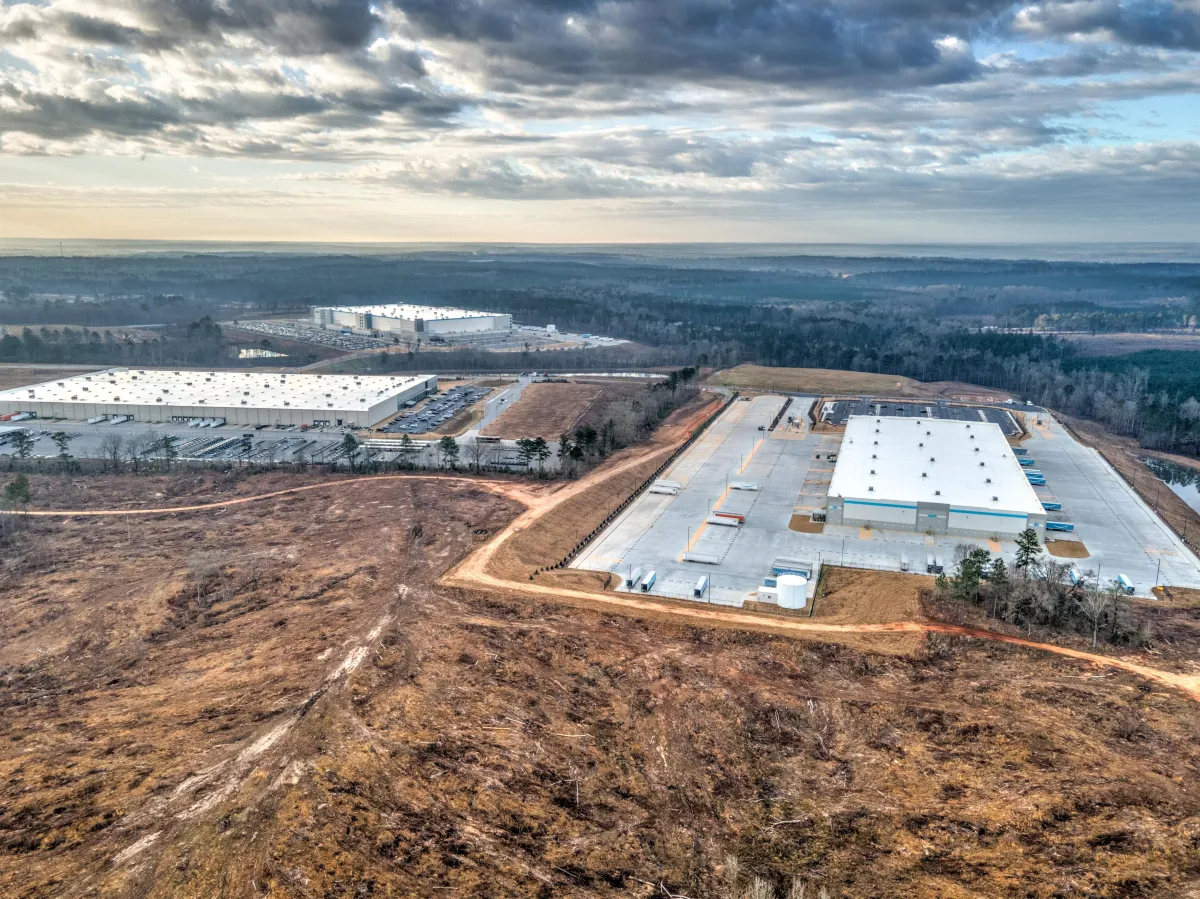
A Comprehensive Checklist for Buying Industrial Properties
Introduction
Buying an industrial property can be a lucrative investment, but it's crucial to conduct thorough due diligence to minimize risks and ensure you're making a sound investment. In this blog post, we will provide you with a comprehensive checklist to follow when buying industrial and warehouse properties. This checklist covers various aspects, including financial considerations, environmental concerns, and physical assessments, along with typical timelines and cost estimates for each step of the due diligence process.
Broker Price Opinion (BPO):
Timeline: Usually within the initial stages of property identification.
Cost: Typically free or at a nominal fee.
A BPO helps you determine the property's approximate market value, assisting in the initial financial assessment.
Environmental Considerations:
Timeline: Early in the due diligence process.
Cost: Varies depending on the complexity of the study.
Conduct environmental site assessments (Phase I and, if necessary, Phase II) to identify any potential environmental liabilities that may impact the property's value or future operations.
Assessment of Roof:
Timeline: During the physical inspection phase.
Cost: Roof inspection costs range from $0.10 to $0.50 per square foot.
Evaluate the condition of the roof, as repairs or replacements can be costly. Determine the remaining lifespan and identify any leaks or damage.
HVAC and Electrical Systems:
Timeline: During the physical inspection phase.
Cost: Inspection costs vary; budget for potential repairs or upgrades.
Assess the condition and capacity of heating, ventilation, air conditioning (HVAC), and electrical systems. Ensure they meet your operational needs.
Paving Surfaces:
Timeline: During the physical inspection phase.
Cost: Inspection costs vary; budget for resurfacing or repairs.
Examine the condition of parking lots and loading docks. Determine if any resurfacing or repairs are needed.
Sprinkler Systems:
Timeline: During the physical inspection phase.
Cost: Inspection costs vary; budget for potential repairs or upgrades.
Check the functionality and compliance of fire suppression systems, as they are critical for safety and insurance requirements.
Lighting:
Timeline: During the physical inspection phase.
Cost: Inspection costs vary; budget for lighting upgrades if necessary.
Evaluate the quality and energy efficiency of lighting systems, which can impact operational costs.
When to Conduct a PCA (Property Condition Assessment):
Timeline: Typically after initial inspections but before finalizing the purchase.
Cost: PCA costs range from $2,000 to $5,000 or more.
A PCA is a comprehensive inspection that covers all aspects of the property's condition, providing a detailed report on its physical and operational status.
Title Search and Survey:
Timeline: Usually in the later stages of due diligence.
Cost: Title search and survey costs vary by location and property size.
Ensure the property's title is clear of any encumbrances or issues, and conduct a survey to verify property boundaries.
Financial Due Diligence:
Timeline: Ongoing throughout the due diligence process.
Cost: Legal and accounting fees will vary based on complexity.
Work with financial professionals to review leases, operating expenses, and potential financial liabilities.
Zoning and Permitting:
Timeline: Early in the due diligence process.
Cost: Varies depending on jurisdiction and property type.
Confirm that the property's current zoning and permits align with your intended use.
Conclusion
Buying industrial properties is a significant investment, and thorough due diligence is essential to mitigate risks and ensure a successful purchase. The checklist provided here covers key aspects of due diligence, along with estimated timelines and costs. Working with experienced professionals, such as real estate agents, inspectors, and legal advisors, can help you navigate this complex process and make informed decisions. Remember that investing in due diligence upfront can save you from costly surprises down the road and contribute to the long-term success of your industrial property investment.
For Retailers
We use advanced mapping and demographics tools to study the markets and help identify the best locations
We focus on off-market opportunities, and have a proven track record of finding killer sites
We can assist with negotiation, due diligence, transaction management, and entitlement
For Developers
We help identify markets that meet your client's requirements, and handle the market analysis, phone calls and emails required to find sites, and let you focus on deal-making.
We can evaluate residuals, and help you put together multi-tenant deals--we handle REO and Surplus property work for other national developers and retailers.
You need a team with access to detailed analysis, ensuring you're not leaving money on the table.
Respice Finem (rā-spi-ˌke-ˈfē-ˌnem) - Latin: “Consider the End”, “Live so that your life will be approved after your death.”
REGIONAL FOCUS & EXPERTISE MEETS CLIENT-SERVICE



3 STEPS TO ENSURE YOU'RE PREPARED
Working with the Finem Group is easy.

SCHEDULE CALL
Click on the button below to schedule a time to talk with one of our advisors. We'll ask some questions about your goals, and we'll collect information about your site selection needs.

PROPOSAL
We'll present you with a proposal to move forward. This will have detailed information about our process along with case studies and success stories from similar assignments.

DECISION
We'll talk together and decide if our team is a fit for the assignment. We may not be the right team to work with your company, and we try to be careful to work with companies whose values match our own.
CASE STUDIES
OFF MARKET DEAL
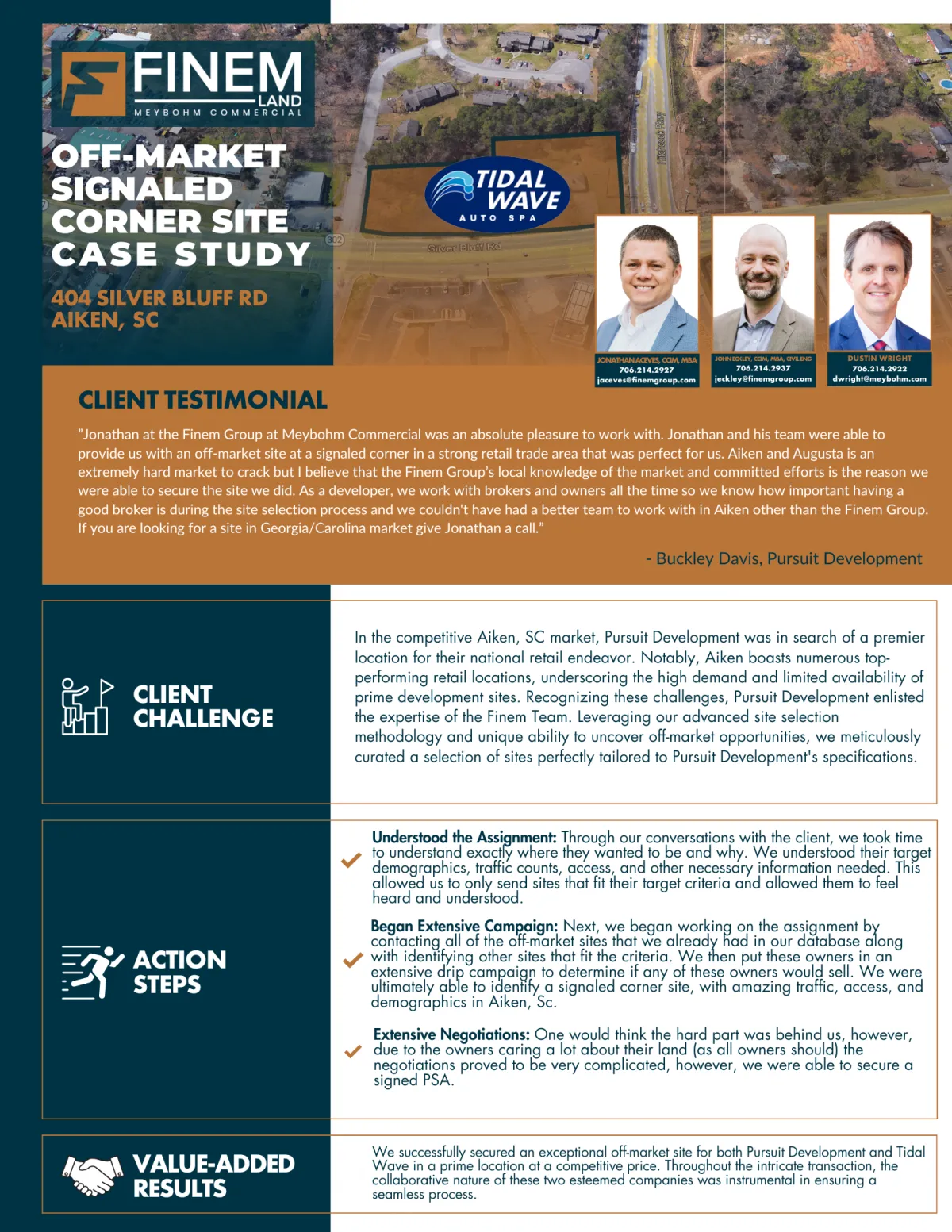
SITE SELECTION DEAL

SELLER REP DEAL
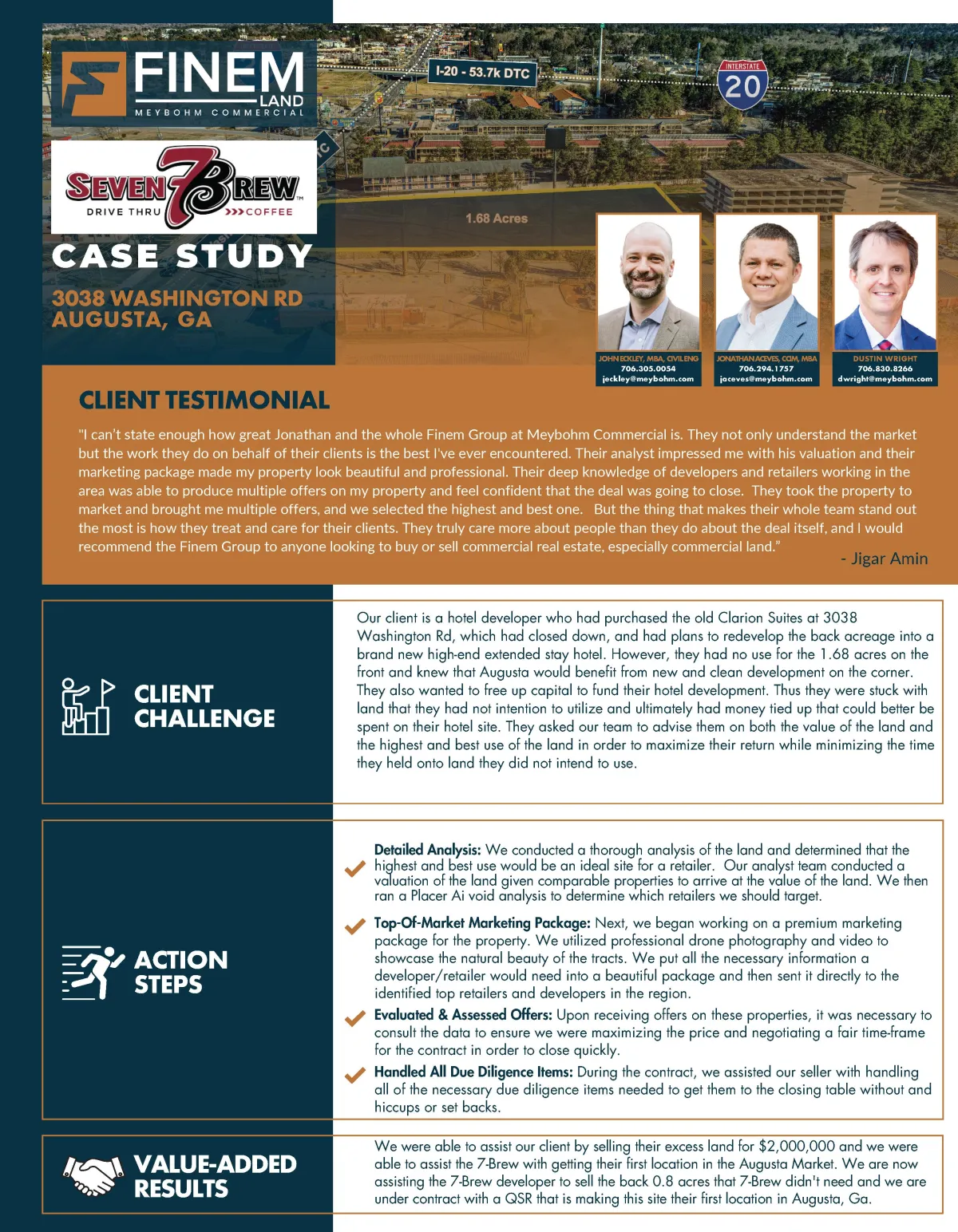
WHAT OUR CLIENTS ARE SAYING
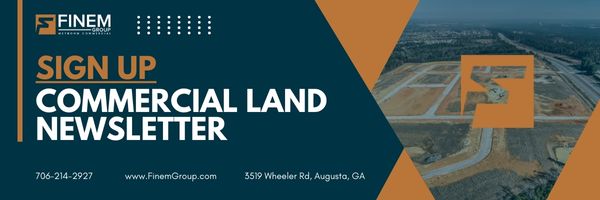
Sign up to receive our commercial land and development newsletter, packed with news updates, relevant blog posts, new listings, and market reports.







